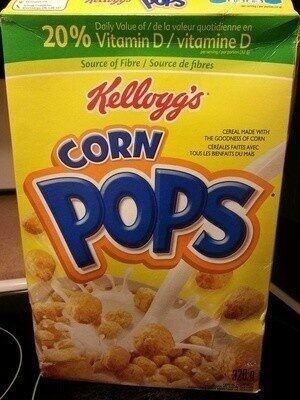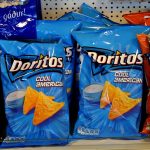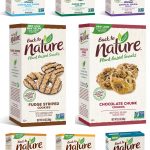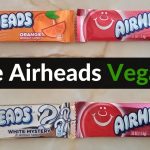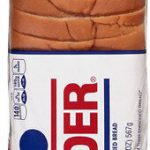Breakfast cereal was always a topic in the morning at the schoolyard, every kid seemed to have their favorite (or a few favorites).
What was yours? I remember shopping with my parents and always being excited for the cereal aisle, it was like a candy shop!
I was always a big fan of Corn Pops as a kid, but are they vegan? The short answer is yes, Corn Pops are vegan. But, they do contain ingredients that some vegans avoid – vitamin D3 and sugar.
Let’s dive in and figure this out, it’s a bit of a tricky one!
Ingredients of Corn Pops
Let’s begin by reviewing the ingredients of this tasty cereal. We’ve highlighted the ingredients that vegans may be wary of below:
Milled corn, sugar, corn syrup, contains 2% or less of molasses, salt, vegetable oil (hydrogenated coconut, soybean, and/or cottonseed), mixed tocopherols (vitamin E) for freshness, annatto extract color, wheat starch. Vitamins and Minerals: Reduced iron, niacinamide, vitamin B6 (pyridoxine hydrochloride), vitamin B2 (riboflavin), vitamin B1 (thiamin hydrochloride), folic acid, vitamin D3, vitamin B12.
At a first glance, everything seems fine, right?
I wish it were that simple, but hey, our world is full of nuance – and that’s healthy!
While some products are very easy to categorize (you won’t find any vegan saying cheese is ok), some products lie in a bit of a gray area. The main ingredient we need to discuss is vitamin D3. However, sugar comes into the picture also!
Vitamin D3
Vitamin D3, also known as “cholecalciferol”, is normally derived from lanolin, which is a product of sheep’s wool. To be more specific, it’s a grease or wax secreted by the sebaceous glands of wool-bearing animals.
I know, I know, I’m thinking the same…why on earth is this in my breakfast cereal?
While vitamin D3 can be derived from algae plant sources, unfortunately, most breakfast cereals fortified with D3 use animal-derived D3. So, in the strictest sense, cereals with Vitamin D3 cannot be considered vegan as it is a derivative of an animal product.
There is no unanimous consensus on this amongst vegans, however! Some argue that seen as it is a minor ingredient with trace amounts, boycotting the product as a whole doesn’t make sense.
The usual logic for ethical veganism is that through boycotting non-vegan options and directing our money towards ethical vegan products, we create a change in supply and demand dynamics.
As this filters back to corporations, they’ll inevitably follow the profits and produce more vegan options. Their shareholders don’t care where the money comes from, after all.
But will they receive the message when people boycott products containing trace amounts of D3? I am not so sure.
That being said, I would invite people to write to companies encouraging them to use plant-derived D3. I think this makes more of a difference than simply boycotting the product!
Sugar – Another Gray Area
This is also a grey area when it comes to veganism.
The issue with sugar is that for non-organic sugar, cow bone char can be used at times in the manufacturing process to whiten the sugar. It’s also hard to know when bone char is used and when it’s not, at least from looking at the packet.
Many companies suggest that ingredient processing is not considered a part of ingredient information, and so it is often impossible to know.
I guess you’ll have to make up your mind yourself.
Do Corn Pops Contain Dairy?
You’ll be happy to hear Corn Pops are dairy free – they do not contain milk, lactose or any other dairy products that may cause an allergic reaction in anyone sensitive to the effects of lactose consumption.
Do Corn Pops Contain Honey?
Corn Pops do not contain honey, so no problems there!
Do Corn Pops Contain Gelatin?
Corn Pops do not contain gelatin, which is mainly found on more sugary, frosted cereals you may find at the store.
Some Thoughts & Reflections
I feel it’s important to stay connected with what our deepest intentions are with going vegan, and how we present that to the rest of the world.
I can definitely see how some people would consider it a bit extreme to be obsessing over trace amounts of certain ingredients, but hey, I’m not one to judge.
But if the goal is to welcome more people into the vegan world, maybe it’s not so wise to make a big deal out of these things. After all, it’s going to be better for the animals if more people make the shift, and we want to make that easy for them!
The nitty-gritty of trace ingredients can be addressed in due course, but maybe our efforts are best placed on the big issues of meat and dairy and leather for now?
Conclusion
Kellogg’s Corn Pops contain none of the main culprits such as milk / dairy products, but they use trace amounts of vitamin D3 which is animal-derived!
Now, it’s time for you to reach your own conclusion.

